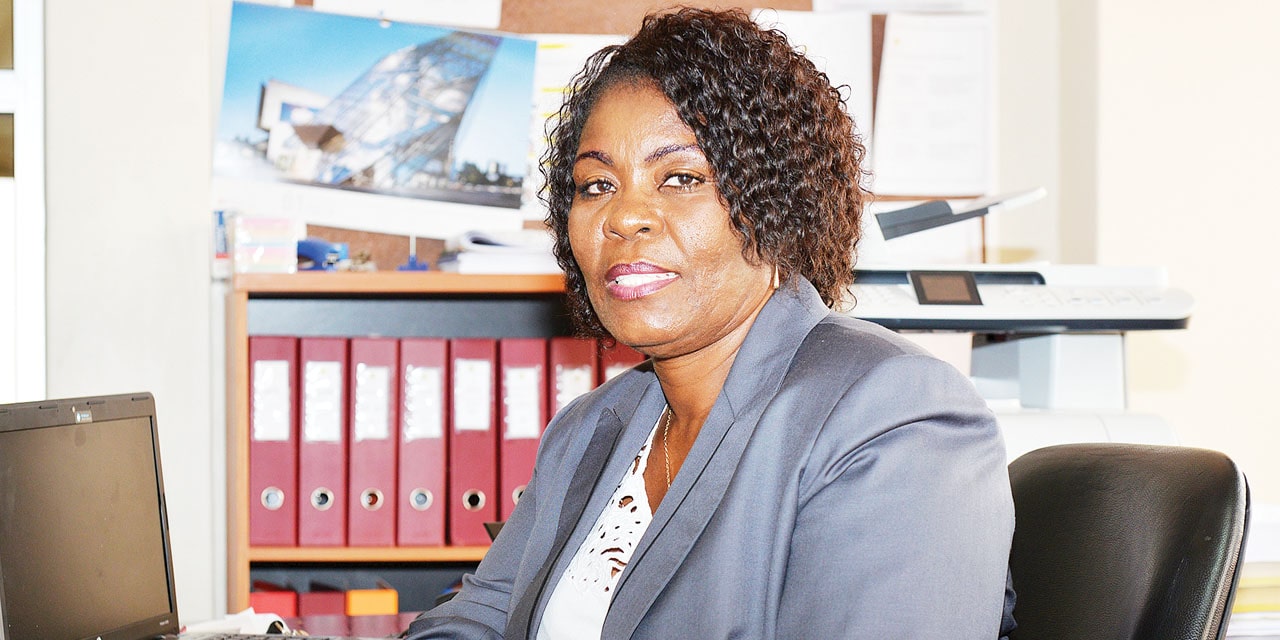Niël Terblanché
The essential role of education and technology in forging an inclusive and thriving continent was highlighted during the official celebration of Public Service Day in Namibia.
In her address at the closing of the three-day-long event, the Minister of Education, Arts, and Culture, Anna Nghipondoka, said that African governments have made substantial investments and commitments to their educational systems, leading to significant achievements over the last few decades.
“Primary school completion rates have increased from 52% in the year 2000 to 69% by 2022, and youth literacy rates in sub-Saharan Africa have improved remarkably from 66% in 2000 to 78% in 2020,” Nghipondoka said.
These advancements reflect the success of various educational reforms and initiatives aimed at enhancing access to quality education.
This year’s Africa Public Service Day, themed “Empowering Citizen-Centric Public Service for an Inclusive and Thriving 21st Century Africa: A Journey of Lifelong Learning and Technological Transformation,” aligns seamlessly with the African Union’s declaration of 2024 as “The Year of Education.”
She said that both themes emphasise the importance of lifelong learning and technological innovation in creating a more inclusive and prosperous Africa.
In Namibia, the theme has been embraced wholeheartedly, with a strong focus on improving the education system as a foundation for national development.
According to Nghipondoka, the government has shown a robust commitment to addressing educational challenges by significantly increasing the education budget from N$16.9 billion to N$18.4 billion this year.
“This demonstrates a dedication to improving educational outcomes and ensuring that all children have access to quality education,” she said.
She added that despite these investments, significant challenges remain.
According to Nghipondoka, 98 million children in Africa do not attend school, and 89% of ten-year-olds in sub-Saharan Africa cannot read and understand a simple text.
She said that UNESCO identified funding gaps and teacher shortages as critical issues that need urgent attention.
Their research indicates that an additional $77 billion is required for African countries to reach their education targets, and an additional 15 million teachers are needed to achieve universal primary and secondary education.
Nghipondoka called on all public servants to embrace capacity development to stay relevant to the demands of the continent, the region, and specific countries.
She reiterated the role of the Namibia Institute of Public Administration and Management (NIPAM) in serving this purpose.
“We are in an era of digital transformation, and as public servants, we need to be part of the digital ecosystem,” she said while urging public servants to view knowledge as dynamic and not static.
She said the concept of lifelong learning is particularly pertinent in Namibia. It involves creating processes that promote learning for everyone, by any acceptable means, anywhere, anytime, and at any stage of life.
The minister added that this approach prepares individuals for active participation in life and fosters active partnerships for learning.
“Lifelong learning opportunities in Namibia are designed to enhance the learning trajectory of individuals across all life stages, from early childhood development to adult and continuing education,” she said.
Namibia’s public service has been instrumental in creating an environment where education can flourish.
The country’s dedication to the United Nations Sustainable Development Goals (SDGs), especially Goal 4, which focuses on quality education, has been steadfast.
Through strategic policies and innovative approaches, Namibia has significantly advanced in making education accessible, inclusive, and relevant.
“We must continue to envision and work towards a future where education and technology drive sustained progress and development across the continent,” she urged.
She said that by fostering a culture of lifelong learning, Namibia aims to build a more prosperous and equitable society, ensuring that its public services are responsive, efficient, and a source of pride.
Public servants from across the country converged to network, collaborate, and engage in various activities, including sports, expert addresses, panel discussions, and plenary sessions.
These activities showcased the ability of public servants to transform the public service into a formidable institution, capable of meeting the changing demands of Namibian citizens.




